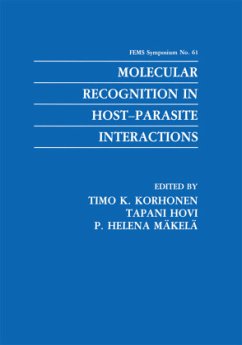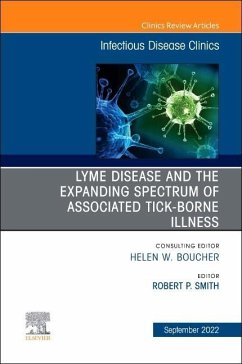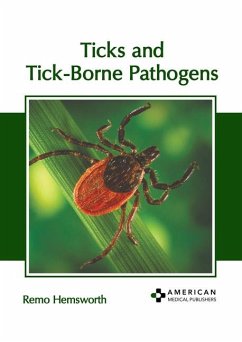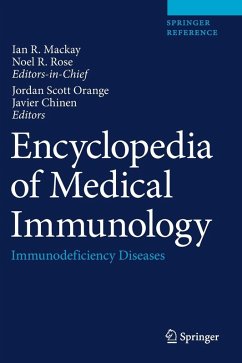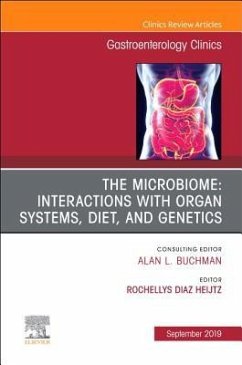
Microbe-Vector Interactions in Vector-Borne Diseases

PAYBACK Punkte
42 °P sammeln!
Several billion people are at daily risk of life-threatening vector-borne diseases such as malaria, trypanosomiasis and dengue. This volume describes the way in which the causal pathogens of such diseases interact with the vectors that transmit them, detailing the biological adaptations that enable pathogens to live with their vectors and, in some circumstances, to control them. This knowledge has led to novel preventative strategies in the form of antibiotics and new vaccines which are targeted not at the pathogen itself but at its specific vector.





